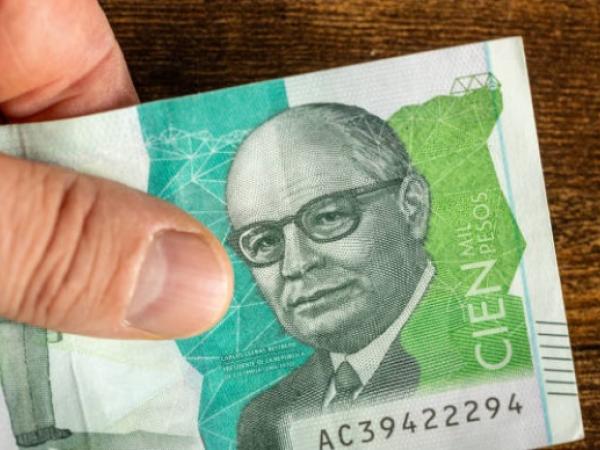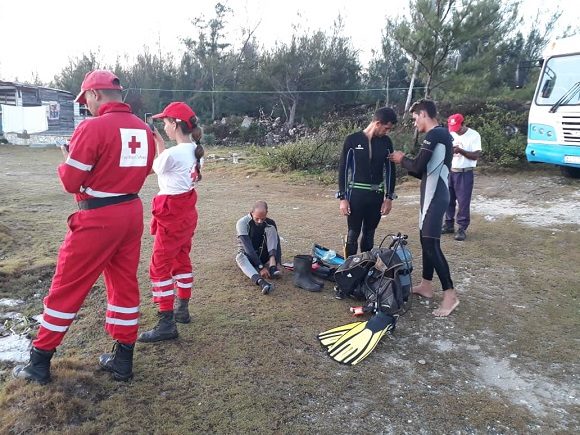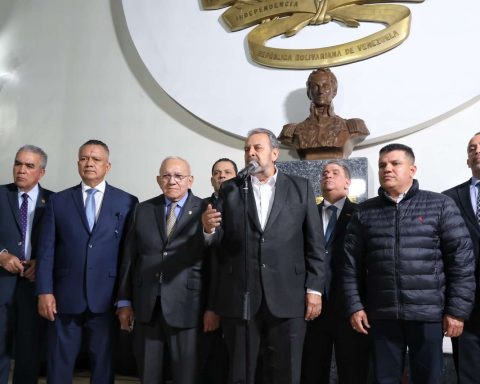Through a message on social networks and a text that accompanies the publication, President Gustavo Petro came out to explain what the ‘degrowth theory’after the Minister of Mines, Irene Vélez, launched this idea in the middle of her speech at the inauguration of the National Mining Congress that takes place in Cartagena.
(Minminas called on countries to ‘decrease their economic models.’)
In one of the panels of the event, the Minister of Mines and Energy assured that “We need to demand that other countries begin to decrease in their economic models. It also depends on this that we achieve a balance and that the impacts of climate change affect us less.”
This comment ignited the spark on social networks and President Petro himself had to go out and explain what the “degrowth theory” that his official spoke of consists of and why this would help combat the effects of climate change.
(See: Why Spain sees Colombia as a “first order economic partner”).
“When I started to study my development and environment specialization at the University of Leuven, the first thing they taught me was Serge Latouche’s ‘Degrowth Theory’. Here he will leave you what it consists of ”, wrote the president in a trill, in which he attached a document published on Coomeva’s page called “The proposal of the theory of degrowth: we will be able to change our lives”.
When I entered to study my specialization in development and environment, at the University of Leuven, the first thing they taught me was Serge Latouche’s “Degrowth Theory”.
Here he left what it consists of: https://t.co/l5O96aE64O
– Gustavo Petro (@petrogustavo) September 1, 2022
The text talks about the role of cooperatives in the search for a balanced relationship between human beings and nature.
The decrease, explains the document, “It is a current megatrend of economic, political and social thought that seeks a balanced relationship between human beings and nature, under the main idea of the controlled and progressive decrease in production, proposals opposed to those applied by the capitalist model (… ) The current capitalist model accentuates more and more the differences between populations, taking production and consumption to excessively high levels in some countries and spreading hunger and poverty in others. Only forty years ago our Planet had half of the current population. We have doubled in just a few years. This would not be a problem if the planet’s natural resources were infinite. But it’s not like that”.
(See: Colombia should take as a model other countries beyond Korea).
According to the text, “The problems that affect our world today increase at the rate that production grows.”
Irene Vélez, Minister of Mines and Energy.
Degrowth theory was born in the 1970s by the mathematician and economist Georgescu Roegen, recognized as the father of the bioeconomy; but today he is the french Serge Latoucheeconomist and detractor of the current capitalist economic model, who proclaims himself the leader of this movement.
Georgescu-Roegen put on the table the need to reflect on the error of focusing the economic model and the political effort on the indefinite growth of the Gross Domestic Product (GDP).
(See: ECLAC’s reasons for improving Colombia’s GDP by 2022).
Latouche proposes a system of solutions to the environmental, economic and social problems of the Planet under the prefix “re”, which he calls the pillars of degrowth or the model of 8R:
1. Reassess. Replace global, individualistic and consumerist values with local, cooperative and humanistic values.
2. Reconceptualize. To adopt a new vision of the style and quality of life, through concepts such as sufficiency and voluntary simplicity –living better with less-.
3. Restructure. Adapt production and social relations to a new scale of values, such as combining eco-efficiency and voluntary simplicity.
4. Relocate. It is a call for local self-sufficiency to meet priority needs by reducing transportation consumption.
5. Redistribute. Regarding the distribution of wealth.
6. Reduce. Regarding the change from the consumer lifestyle to the simple lifestyle and all the implications that this entails.
7. Reuse. Extend the life of products.
8. Recycle. Avoid consumption and waste.
To the publication of President Petro, Minister Vélez commented: “A Brazilian pedagogue used to say: ‘No one is saved alone, no one saves anyone. We are all saved as a community’, and I would add, in the face of climate change we are saved as a planet. Because as countries of the world we must take responsibility for the just Energy Transition”.
(See: Second semester would see slowdown, but GDP would close 2022 at 7%).
BRIEFCASE
















